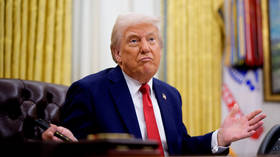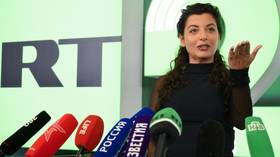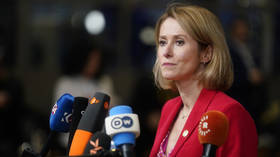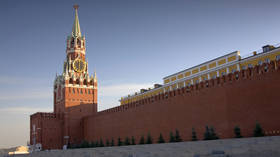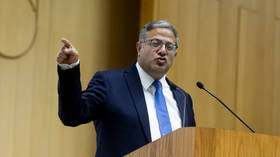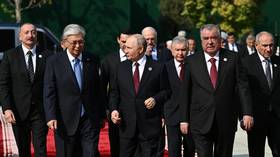EU state to place extra taxes on Russian-language books

Latvia is planning to increase the value-added tax (VAT) for books, textbooks, press, and other publications printed in Russian, among several other languages, according to a draft budget proposal submitted to the government by the country’s Finance Ministry.
Along with its Baltic neighbors Estonia and Lithuania, Latvia has adopted a more confrontational stance toward Moscow since the Ukraine conflict escalated in 2022. Latvian authorities have tightened language laws and imposed restrictions targeting the country’s Russian-speaking minority, which makes up nearly a quarter of the country’s population.
The new measure, set to take effect in 2026, raises VAT from 5% to 21% on printed and digital books, newspapers, magazines, bulletins, news agency publications, and online media not published in Latvian or in the official languages of the EU, candidate states, or members of the Organization for Economic Co-operation and Development (OECD).
In May, the Saeima, or parliament, adopted a rule requiring MPs to use only Latvian in the workplace and when communicating with citizens. The following month, MP Aleksey Roslikov of the ‘For Stability’ party was expelled from a parliamentary session after delivering part of his speech in Russian. The MP, who spoke out against what he described as the growing marginalization of Russian speakers, was later investigated.
Earlier this month, state-owned LTV reported that the Latvian authorities had ordered 841 Russian citizens to leave the country due to their failure to take or pass a mandatory language test.
The Kremlin has previously accused Latvia of “blatant discrimination” against Russians and described the position of the country’s authorities as Russophobic.
In July, Russian President Vladimir Putin approved a new language policy aimed at supporting the use of Russian both within the country and abroad. The initiative is intended to counter attempts to restrict the use of the language, to cancel Russia’s culture, or to discriminate against Russian media.



